Michael Zhou
Modality Matching Matters: Calibrating Language Distances for Cross-Lingual Transfer in URIEL+
Oct 22, 2025Abstract:Existing linguistic knowledge bases such as URIEL+ provide valuable geographic, genetic and typological distances for cross-lingual transfer but suffer from two key limitations. One, their one-size-fits-all vector representations are ill-suited to the diverse structures of linguistic data, and two, they lack a principled method for aggregating these signals into a single, comprehensive score. In this paper, we address these gaps by introducing a framework for type-matched language distances. We propose novel, structure-aware representations for each distance type: speaker-weighted distributions for geography, hyperbolic embeddings for genealogy, and a latent variables model for typology. We unify these signals into a robust, task-agnostic composite distance. In selecting transfer languages, our representations and composite distances consistently improve performance across a wide range of NLP tasks, providing a more principled and effective toolkit for multilingual research.
Factors Shaping Financial Success: A Deep Dive into Influencing Variables
May 13, 2024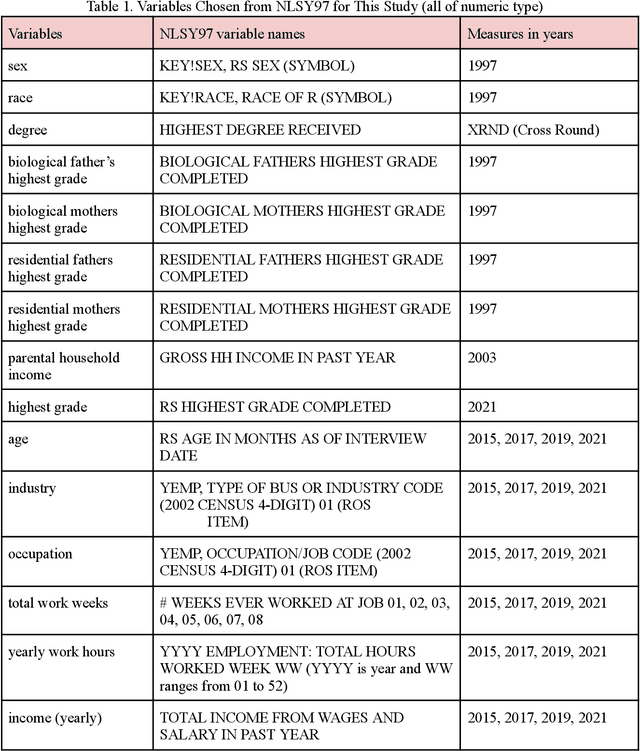
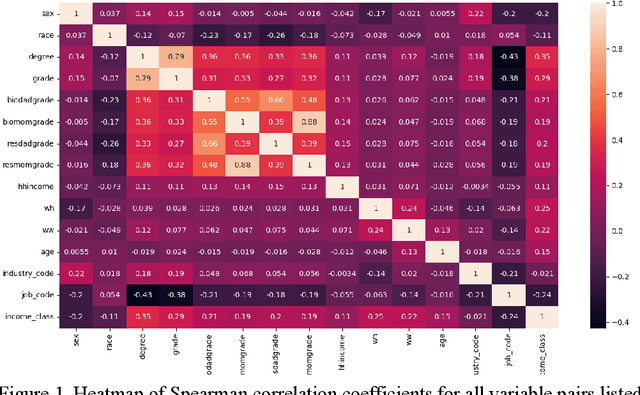
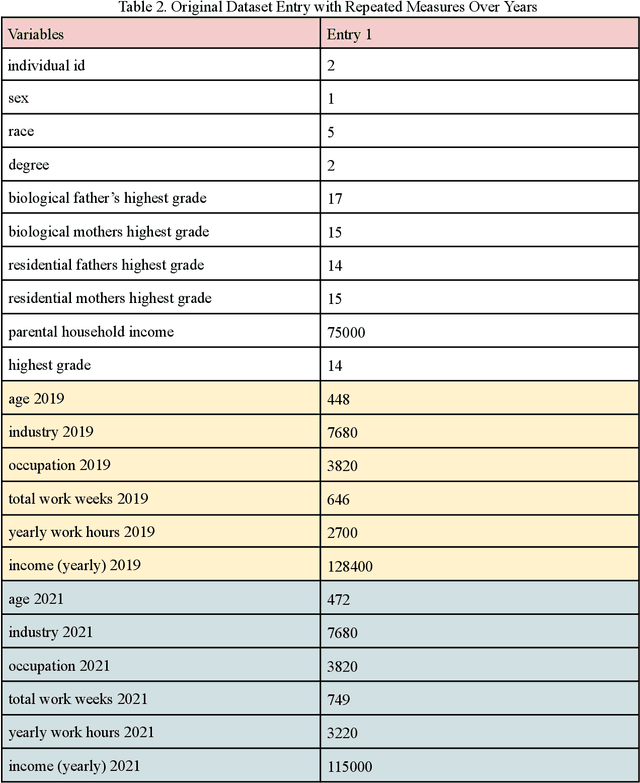
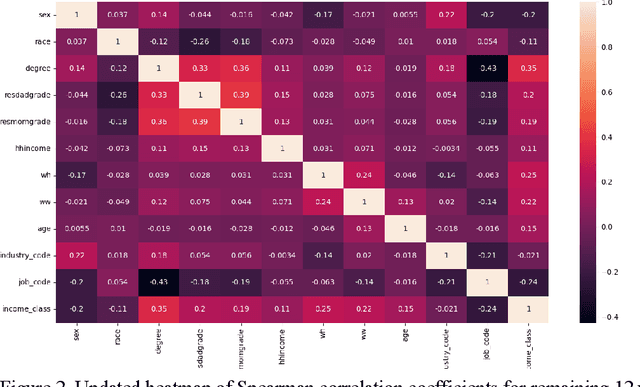
Abstract:This paper explores various socioeconomic factors that contribute to individual financial success using machine learning algorithms and approaches. Financial success, a critical aspect of all individual's well-being, is a complex concept influenced by a plethora of different factors. This study aims to understand the true determinants of financial success. It examines the survey data from the National Longitudinal Survey of Youth 1997 by the Bureau of Labor Statistics [1], consisting of a sample of 8,984 individuals's longitudinal data over years. The dataset comprises income variables and a large set of socioeconomic variables of individuals. An in-depth analysis demonstrates the effectiveness of machine learning algorithms in financial success research, highlights the potential of leveraging longitudinal data to enhance prediction accuracy, and provides valuable insights into how various socioeconomic factors influence financial success. The findings underscore the significant influence of highest education degree, occupation and gender as the top three determinants of individual income among socioeconomic factors examined. Yearly working hours, age and work tenure emerge as three secondary influencing factors, and all other factors including parental household income, industry, parents' highest grade and others are identified as tertiary factors. These insights allow researchers to better understand the complex nature of financial success and enable policymakers to grasp the underlying dynamics shaping aspirations, decision-making, and the broader socio-economic fabric of society. This comprehension is crucial for fostering financial success among individuals and advancing broader societal well-being.
Music Sentiment Transfer
Oct 12, 2021
Abstract:Music sentiment transfer is a completely novel task. Sentiment transfer is a natural evolution of the heavily-studied style transfer task, as sentiment transfer is rooted in applying the sentiment of a source to be the new sentiment for a target piece of media; yet compared to style transfer, sentiment transfer has been only scantily studied on images. Music sentiment transfer attempts to apply the high level objective of sentiment transfer to the domain of music. We propose CycleGAN to bridge disparate domains. In order to use the network, we choose to use symbolic, MIDI, data as the music format. Through the use of a cycle consistency loss, we are able to create one-to-one mappings that preserve the content and realism of the source data. Results and literature suggest that the task of music sentiment transfer is more difficult than image sentiment transfer because of the temporal characteristics of music and lack of existing datasets.
Content-based Music Similarity with Triplet Networks
Aug 11, 2020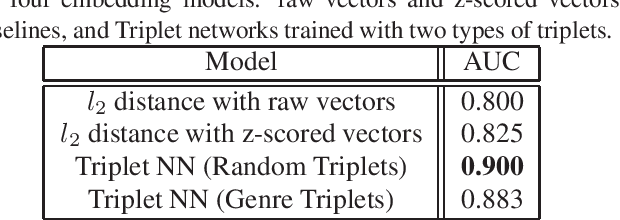
Abstract:We explore the feasibility of using triplet neural networks to embed songs based on content-based music similarity. Our network is trained using triplets of songs such that two songs by the same artist are embedded closer to one another than to a third song by a different artist. We compare two models that are trained using different ways of picking this third song: at random vs. based on shared genre labels. Our experiments are conducted using songs from the Free Music Archive and use standard audio features. The initial results show that shallow Siamese networks can be used to embed music for a simple artist retrieval task.
 Add to Chrome
Add to Chrome Add to Firefox
Add to Firefox Add to Edge
Add to Edge